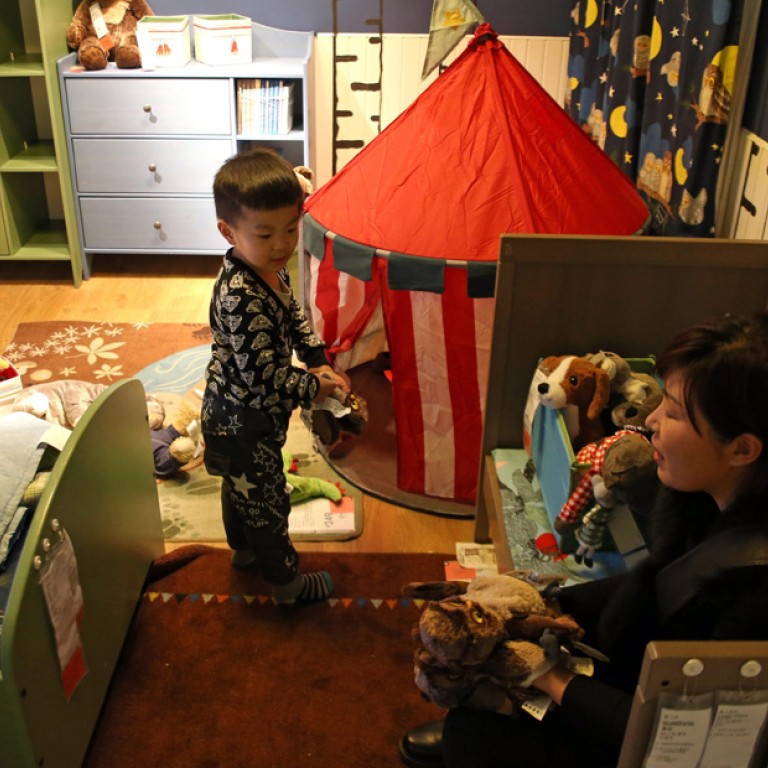
Top family planning official plays down relaxation of one-child policy
Official website quotes cadre saying limiting number of births is necessary in long term
The central government sought to play down its planned relaxation of birth restrictions, arguing that a switch to a two-child limit for some families would not result in a baby boom.

"Adjusting and perfecting birth control policies is not tantamount to relaxing the work of birth planning," Wang said at a question-and-answer session, according to the commission's website. "Family planning policy should be maintained in the long term."
He said the party would not abandon its three-decade-old birth control system any time soon, and ruled out allowing all couples to have two children.
The change was announced on Friday, one of the resolutions from the Communist Party Central Committee's third plenum in Beijing.
Xinhua yesterday published Wang's comments in an article headlined "Birth policy changes no big deal".
"China's population will not grow substantially in the short term," it quoted Wang as saying. "Although the newborn population will increase in the next few years, it will be equivalent to that of around 2000. So it is safe to say the new policy will not be a problem."
Even accounting for the new policy, Wang said the latest population forecasts were lower than previous projections, under which the population would peak at 1.5 billion in 2033. With 1.34 billion people, China is the world's most populous nation.
Wang said the party needed to adjust its birth control policy because of the mainland's rapidly ageing society. The number of children per woman has dropped to less than 1.6, far below the sustainable rate of 2.1 per cent. The working population shrank by 3.45 million last year.
A population studies professor at Renmin University, Zhai Zhenwu, told that 15 million to 20 million people would be eligible to have a second child. Fifty per cent to 60 per cent of them were expected to be interested in having a second child, he said.
Beijing office worker Cai Bing said she was pleased with the change, but would have to weigh the costs of having a second child. Her husband is an only child, but she is not. "I need to consider whether I am financially and physically capable of raising a second child," Cai said.
